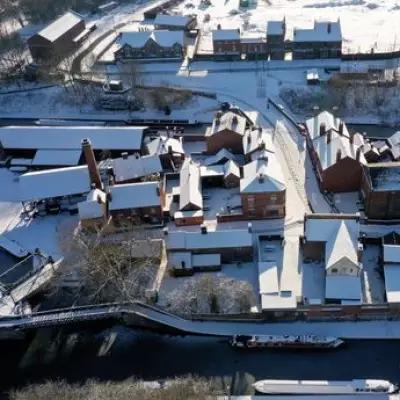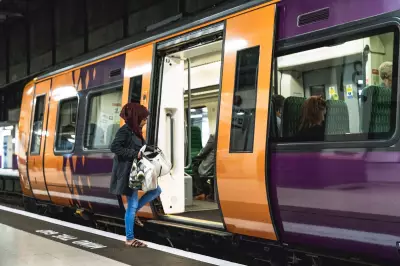
The vibrant night-time economy of the Midlands is facing a critical threat due to inadequate public transport after dark, according to a growing coalition of business leaders and political figures. As restaurants, bars, and entertainment venues struggle to attract evening customers and retain staff, the urgent need for reliable late-night services has become impossible to ignore.
The Stranded Workforce
Hospitality workers across Birmingham and the wider West Midlands are frequently left with impossible choices when their shifts end late at night. With many bus services finishing before midnight and limited alternatives available, employees face lengthy, expensive, or unsafe journeys home.
"How can we expect people to work late shifts if they can't get home safely afterwards?" questions one frustrated restaurant manager. "We're losing good staff because the transport simply doesn't exist when they need it most."
Economic Impact on Night-time Businesses
The transport deficit extends beyond workforce challenges to directly impact customer behaviour. Potential evening visitors are increasingly choosing to stay home rather than risk being stranded after a night out.
Key concerns include:
- Reduced footfall in city centres after 8pm
- Declining revenues for hospitality venues
- Difficulty attracting talent to late-night sectors
- Negative impact on the region's cultural vitality
Political Momentum for Change
West Midlands Mayor Andy Street has placed improved transport connectivity at the heart of his economic strategy, recognising that a thriving night-time economy depends on reliable movement of people.
Meanwhile, Labour's Richard Parker has committed to making late-night transport a priority, stating: "Our night-time workers deserve to get home safely and affordably. The current situation is letting down both businesses and employees."
The Road Ahead
While solutions are being debated, consensus is growing that piecemeal approaches won't suffice. What's needed is a comprehensive strategy that includes:
- Extended operating hours for key bus and train routes
- Integrated ticketing across different transport modes
- Improved safety measures at late-night stops and stations
- Partnerships between local authorities and transport operators
The message from the Midlands is clear: without significant investment in 24-hour transport infrastructure, the region's night-time economy cannot reach its full potential. As one business owner succinctly put it: "Great cities don't sleep - and neither should their transport networks."





